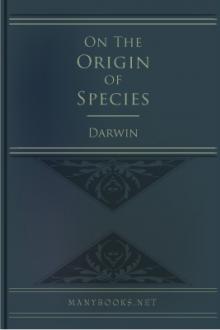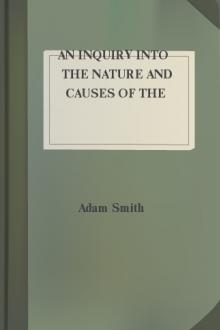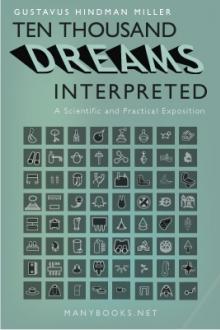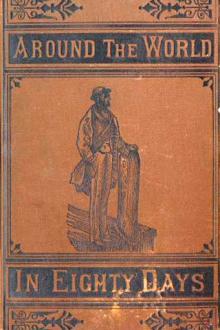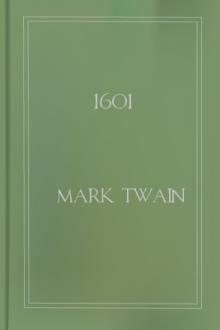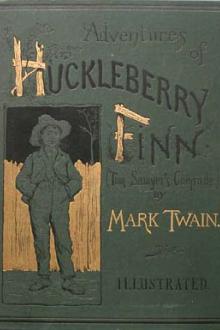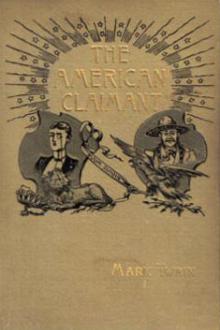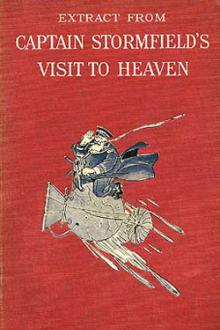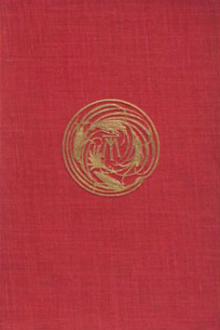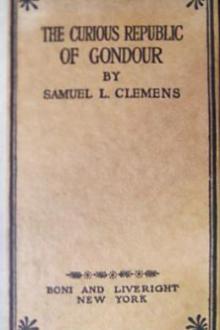Following the Equator
Following the Equator
Book Excerpt
erths in Sleepers--Elderly Ladies have Preference of Berths--An American Lady Takes One Anyhow--How Smythe Lost his Berth--How He Got Even--The Suttee
CHAPTER XLIX.
Pyjamas--Day Scene in India--Clothed in a Turban and a Pocket Handkerchief--Land Parceled Out--Established Village Servants--Witches in Families--Hereditary Midwifery--Destruction of Girl Babies--Wedding Display--Tiger-Persuader--Hailstorm Discourages--The Tyranny of the Sweeper--Elephant Driver--Water Carrier--Curious Rivers--Arrival at Allahabad--English Quarter--Lecture Hall Like a Snowstorm--Private Carriages--A Milliner--Early Morning--The Squatting Servant--A Religious Fair
CHAPTER L.
On the Road to Benares--Dust and Waiting--The Bejeweled Crowd--A Native Prince and his Guard--Zenana Lady--The Extremes of Fashion--The Hotel at Benares--An Annex a Mile Away--Doors in India--The Peepul Tree
Editor's choice
(view all)Popular books in Travel, Non-fiction
Readers reviews
5.0
LoginSign up
Following the Equator documents Mark Twain's journey around the world in 1897 as he visits Australia, Tasmania, New Zealand, India, the island of Mauritius and South Africa. Written at an interesting time, Twain reveals some of the haphazard problems to travel of the day, such as a Hawaiian Cholera outbreak that, regretfully, prevented his boat from letting passengers disembark on the islands.
Twain's wit and wisdom is on full display in the book as he adds an epigraph atop every chapter - a quote from Pudd'nhead Wilson's New Calendar :
It is by the goodness of God that in our country we have those three unspeakable precious things: freedom of speech, freedom of conscience, and the prudence never to practice either of them.
He travels extensively around India, stopping around Bombay, Calcutta and Taj Mahal. It is clear that India is one of his favorite places. He loves the legend, the mythology, the dichotomy of it:
This is indeed India! the land of dreams and romance, of fabulous wealth and fabulous poverty, of splendor and rags, of palaces and hovels, of famine and pestilence, of genii and giants and Alladin lamps, of tigers and elephants, the cobra and the jungle, the country of a hundred nations and a hundred tongues, of a thousand religions and two million gods...
In South Africa, he learns about the Boers struggle for independence and visits the De Beers office where raw diamonds are mined, at the time the company was just beginning. Twain was a vocal egalitarian, and he adds in a good deal of criticism of the racism he saw in Australia, India and South Africa. The book is mostly remembered for that, but it is also a great read for its historical perspective on the places he visited as well as the humorous stories and colorful descriptions that only Mark Twain could add.
- Upvote (0)
- Downvote (0)
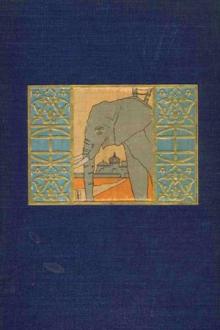
 Free Download
Free Download

















